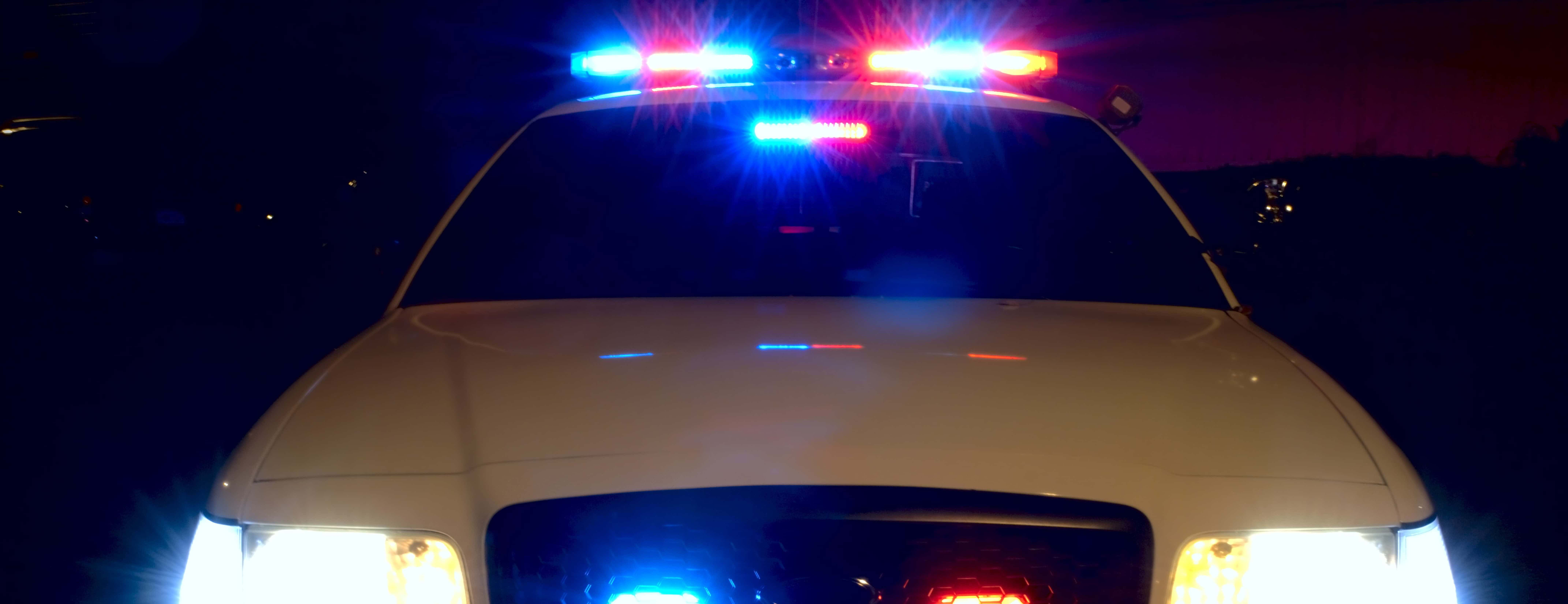
A bill at the Illinois Statehouse that seeks to ban encrypted transmissions on police scanners and allow accredited media access is on the move.
House Bill 4339, which was moved from the House Rules Committee to the House Executive Committee, also seeks to erase the current 30-minute delay on such transmissions put in place during the administration of former Chicago Mayor Lori Lightfoot.
“We know that right now, encryption has cut off real-time access to press and media and we as residents rely on FCC regulated media to relay news to us for our public safety and law enforcement safety,” bill sponsor state Rep. La Shawn Ford, D-Chicago, told The Center Square. “By more and more municipalities and police and fire departments ending the analogue and moving into an encryption, it sort of cuts out real-time crime activities.”
While conceding that he shares some of the same concerns expressed by law enforcement about the transmissions conceivably landing in the wrong hands, Ford quickly added “we have no evidence” that allowing accredited news outlets access to real time crime activities raises any danger.
“I think for public safety we want to have a serious dialogue with law enforcement and the proponents of this bill,” he said. “There’s a difference between FCC regulated news outlets and bad actors. We need to root the bad actors out and allow for the media to have the ability to report real-time activities as it relates to crime that’s happening in their neighborhoods.”
Ford said a perfect example of law enforcement and the public working hand-and-hand to safeguard the community can be found in the handling of the recent deadly Joliet shooting where eight people were killed. Suspect Romeo Nance was ultimately tracked all the way to Texas before turning his gun on himself as authorities closed in.
“He was tracked all the way to Texas because media had access to real time, or some form of the information, they could convey to the public to help with tracking this person down,” Ford said. “We think that we definitely need to have a serious dialogue between all interested parties, meaning law enforcement, so we can protect their safety but we also have to balance it and protect the safety of the public. We need to trust the media that’s regulated to help with real-time information about things that are happening in the neighborhoods.”
Ford said he is hoping to see the bill taken up by lawmakers over the next month, adding if passed it would likely become law in 2025.
“We have a long way to go with making sure we get it right,” he said. “The bill is in the negotiating stage and my goal is to make sure that we have a table of law enforcement from municipalities and proponents of the legislation to dialogue about public safety.”
By GREG BISHOP for the Illinois Radio Network
